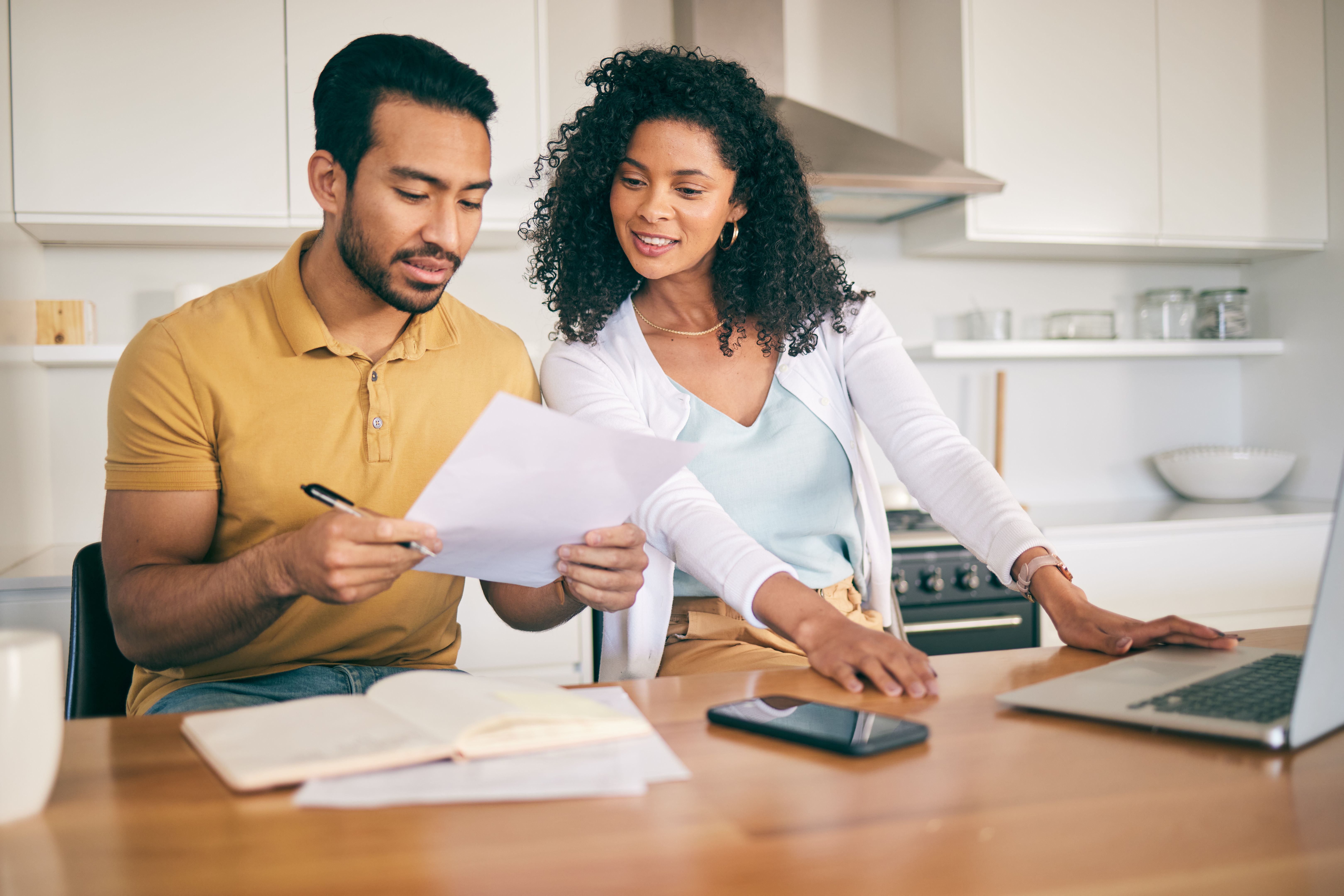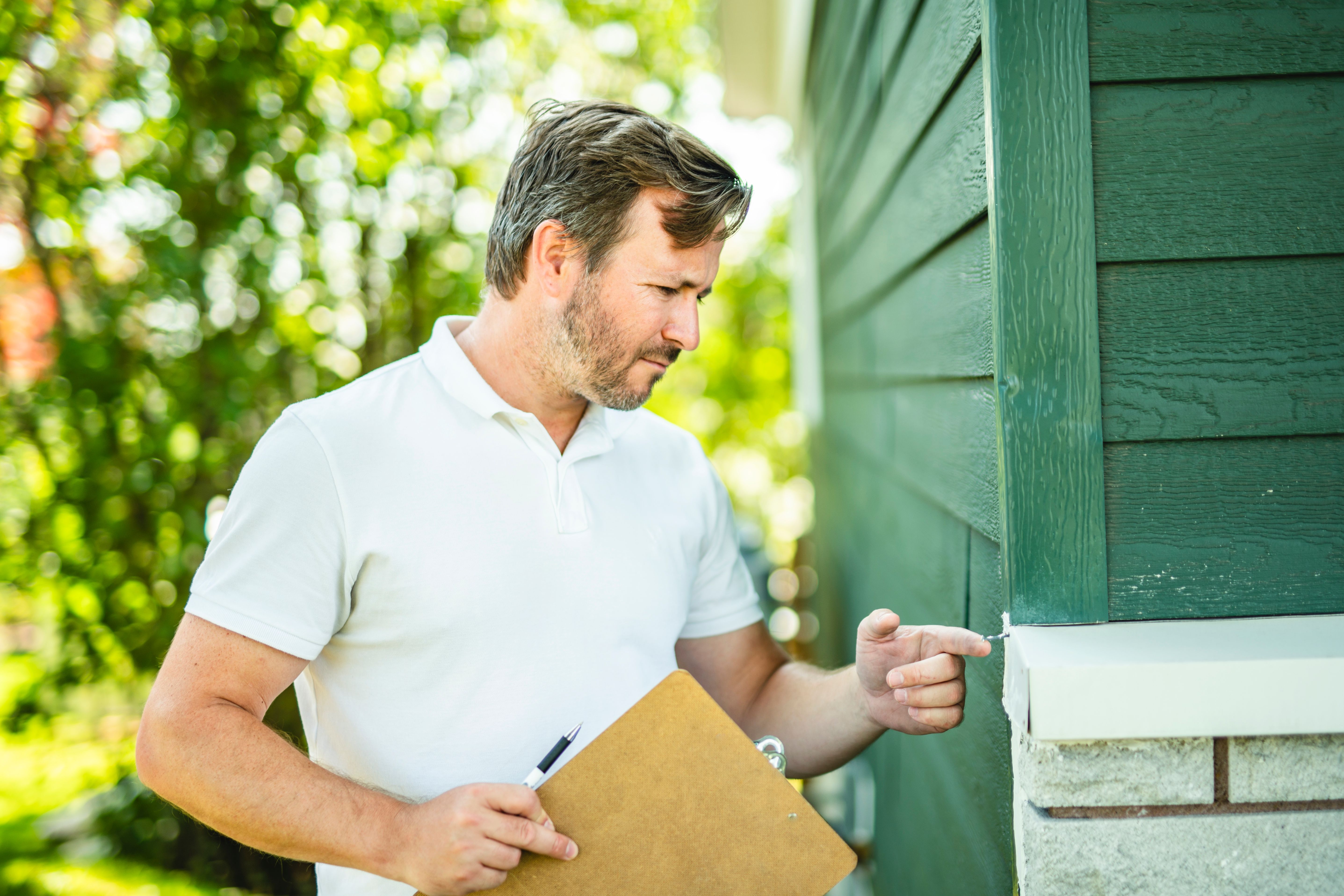Home Buying 101: Essential Tips for First-Time Buyers
Understanding Your Budget
Before diving into the home buying process, it's crucial to understand your financial situation. Start by evaluating your savings and determining how much you can afford for a down payment. A general rule of thumb is to have at least 20% of the home's price saved for a down payment, but there are options available for lower percentages.
Additionally, consider your monthly income and expenses to figure out what you can comfortably afford for a mortgage payment. Use online calculators to estimate your monthly payments, taking into account interest rates, property taxes, and insurance. Being realistic about your budget will help you avoid financial strain in the future.

Getting Pre-Approved for a Mortgage
Once you have a clear understanding of your budget, the next step is to get pre-approved for a mortgage. This process involves a lender reviewing your financial information, such as income, debt, and credit score, to determine how much they are willing to lend you.
Having a pre-approval letter not only helps you understand your purchasing power but also shows sellers that you are a serious buyer. This can be especially beneficial in competitive markets where sellers may have multiple offers to consider.
Researching Locations
Location is one of the most important factors when buying a home. Start by researching neighborhoods that fit your lifestyle and budget. Consider factors such as proximity to work, schools, public transportation, and amenities like parks and shopping centers.
Visit the areas at different times of the day to get a feel for the community and its vibe. Speak with locals to gain insights into the neighborhood's strengths and weaknesses. Remember, you're not just buying a home; you're investing in a community.

Working with a Real Estate Agent
A knowledgeable real estate agent can be an invaluable asset in your home buying journey. They have access to listings that match your criteria and can provide expert advice on market trends and property values.
Select an agent who understands your needs and has experience working with first-time buyers. They can guide you through the negotiation process, helping you make competitive yet reasonable offers on properties.
Conducting Home Inspections
Once you find a potential home, it's essential to conduct a thorough home inspection. This will help identify any underlying issues that may not be apparent at first glance. Common inspections include structural integrity, plumbing, electrical systems, and pest evaluations.
If significant problems are uncovered during the inspection, you may have the option to negotiate repairs or adjustments to the purchase price. Understanding the condition of a home before finalizing the purchase can save you from unexpected expenses down the line.

Navigating Closing Costs
The final step in buying a home is closing the deal. This process involves several costs that buyers may not be fully aware of initially. Closing costs typically range from 2% to 5% of the home's purchase price and include fees for appraisals, title insurance, and legal services.
It's crucial to review all documents carefully and ensure you understand each component of the closing costs. Your real estate agent and lender can help clarify any questions you may have during this stage.
Conclusion
Buying your first home is an exciting milestone, but it requires careful planning and consideration. By understanding your budget, securing pre-approval, researching locations, working with a real estate agent, conducting inspections, and navigating closing costs, you'll be well-equipped to make informed decisions. Remember that each step brings you closer to finding a place you can call home.
